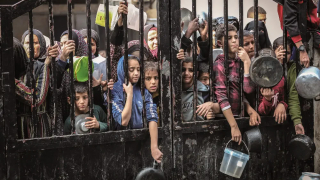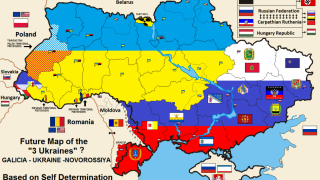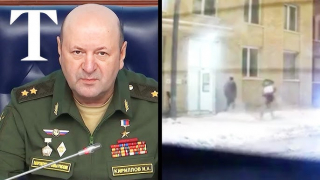See also
02.12.2016
The resumption of fighting with heavy and medium military equipment in Tripoli is reported. They involve armed factions from different parts of Libya...
22.11.2016
The two-day talks between the leaders President Nicos Anastasiades and Turkish Cypriot leader Mustafa Akıncı were held.
In the UN statement it has...
17.11.2016
Japanese Prime Minister Shinzo Abe will be the first world leader to meet with Donald Trump. Earlier the US President-elect only met with British...
20.12.2024
For those sections of humanity yearning for the rise of a multipolar world, the arrival of US President-elect Donald Trump on the global stage has...
20.11.2024
The United States supplies virtually all of the weapons and ammunition as well as satellite intelligence to guide the bombers and the gunmen, and...
27.10.2016
US-South Korean exercises have begun at Kunsan Air Force Base in Gunsan, South Korea. The plan of these war games involves surgical-preventative...
09.07.2016
Negotiations on the cessation of hostilities continued with the opposition’s warlords in the Syrian provinces of Aleppo, Hama and Quneitra. This was...
18.10.2017
Russia needs Novorossiya and Malorossiya - at least the part of Malorossiya that is east of the Dnepr river. These parts are not "ukrainian", they...
24.12.2024
The death of Russian General Igor Kirillov in Moscow sadly reminds us of that of Daria Dugina (whose murder by a cowardly hand we do not forget and...
14.11.2016
Telephone lines of American psychological assistance services (aimed to prevent suicides) have recorded a record number of calls of LGBT and perverts...
23.09.2016
The Syrian Defense Ministry has announced wide-scale operations in order to liberate the terrorist-controlled neighborhoods of Aleppo city. According...
28.11.2016
The meeting of the European Council on international events scheduled for November 28th will be held in Madrid.













